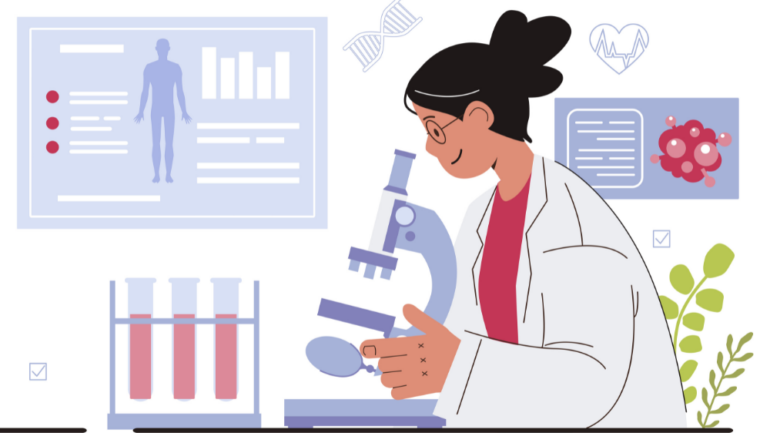The holiday season is approaching. As you get together with loved ones — either in-person or virtually, in accordance with your area’s COVID-19 restrictions — the conversations are sure to flow. Relatives want updates on all that has happened in your life this year. But, as you share news about new engagements, job opportunities, and other activities, be sure to make time for a somewhat unusual, but incredibly important topic: your family health history.
What is Your Family Health History?
Your family health history can be affected not only by the genes (DNA) you share with family members, but also by any lifestyle behaviors (e.g., nutrition and exercise) and environmental exposures that you have in common.
Many people have a family health history of at least one chronic disease. Some of the most common conditions that can appear in a family health history include diabetes, heart disease, and cancer. If one or more of your closest family members — such as your parents or siblings — is diagnosed with a chronic disease, you are at a greater risk of developing the disease as well. Discussing your family health history with loved ones can give you a clearer picture of your own health risks.
Your Family Health History and Your Cancer Risk
Genomics is the study of a complete set of genetic material (e.g., your genes or DNA). Studying DNA is critical in cancer research, as cancer develops when DNA is damaged or changed. Some of the DNA changes that cause cancer are inherited. Knowing which cancers have affected your family members is crucial to understanding your own risk for developing similar conditions in the future.
If your family health history shows that a number of your close relatives have been diagnosed with certain cancers, your health care provider might recommend genetic testing to help gauge your individual risk for developing the disease.
Interestingly, your genes not only provide clues about what type(s) of cancer you might be at risk for developing, but also which treatments might work best should you receive a cancer diagnosis. In recent years, researchers have shifted from an organ-focused approach to cancer treatments to a gene-focused approach, developing new therapeutics that can be tailored to the individual patient — also known as precision medicine.
AFCR continues to distinguish itself from other organizations by emphasizing long-term, transformative research that aims to move people towards cancer genomics. Currently, genomics research is part of the work being conducted by every scientist funded by AFCR. Learn more about our scientists and their current research endeavors here.




